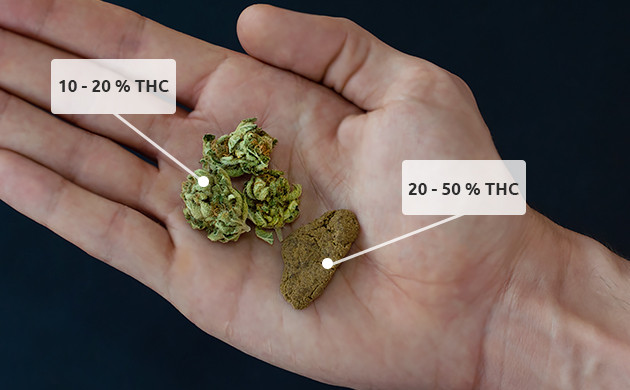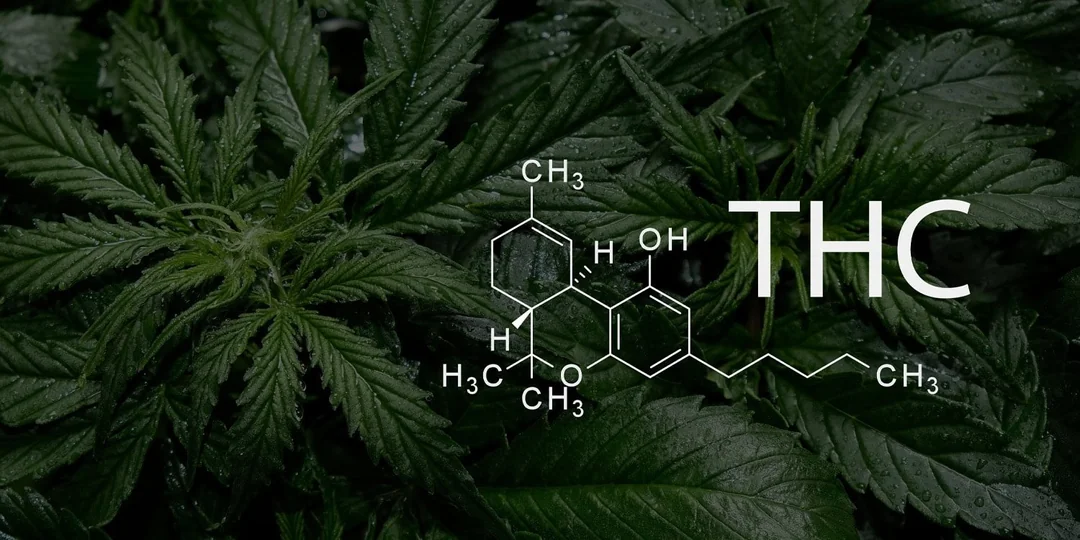
Neuroplasticity and Cannabis: How THC May Rewire Learning Pathways
The human brain is not a static organ. It has the remarkable ability to adapt, reorganize, and form new connections
FREE SHIPPING ON ORDERS OVER $99 | 10 points = $1

In our fast-paced world, many people accumulate what’s known as sleep debt—a deficit that builds when you consistently sleep fewer hours than your body needs. Chronic sleep deprivation can impair memory, mood, focus, and even long-term health. As more individuals turn to cannabis for relaxation, a key question emerges: Can THC help the brain recover from sleep debt and restore balance?
Sleep debt is like borrowing energy from the body without repaying it. Over time, this leads to fatigue, cognitive decline, weakened immunity, and even heightened risk for heart disease or diabetes. While one good night of sleep may improve short-term alertness, true recovery requires multiple nights of quality, restorative rest.
THC (tetrahydrocannabinol), the main psychoactive compound in cannabis, has a complex relationship with sleep:
This dual effect makes THC both a potential sleep aid and a disruptor, depending on dose, timing, and frequency of use.
When it comes to catching up on lost sleep, the research is still limited, but some insights can be drawn:
If using THC to support sleep debt recovery, harm reduction is key:
THC may temporarily assist with sleep debt recovery by helping people fall asleep faster and spend more time in deep restorative sleep. However, its suppression of REM sleep means it may not fully restore cognitive and emotional balance in the long run. For those dealing with chronic sleep debt, THC can be a short-term aid, but sustainable recovery still depends on consistent, healthy sleep patterns without reliance on cannabis.

The human brain is not a static organ. It has the remarkable ability to adapt, reorganize, and form new connections

The world of cannabis is full of fascinating effects, from relaxation and creativity to introspection and heightened perception. Among these,